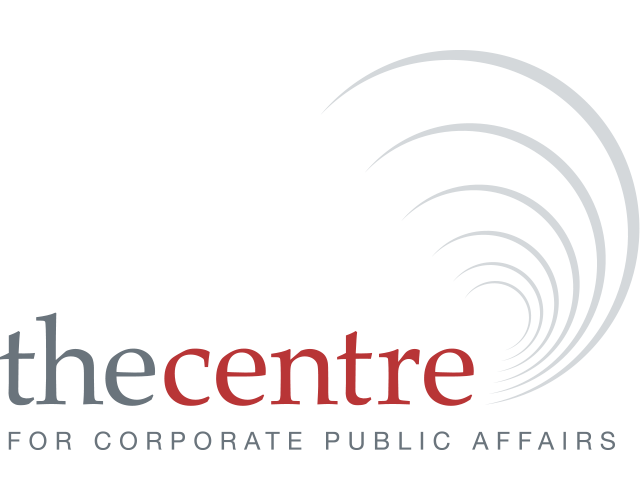Welcome to the Centre for Corporate Public Affairs Blog
The language of community and corporate 'stakeholders' has been given a good work out over the last month with the staging of the Olympics Torch relay, in the past a successful engagement tool for the International Olympics Committee, the host Olympics city and corporate sponsors.
In 2008, the Relay has been a case study in how not to manage an issue effectively and a case also of some corporate sponsors being confronted with a new set of stakeholders around their Torch relay sponsorship, namely Tibet autonomy and human rights activists, who may not have been previously on their issues risk radar.
The public fracas around the staging of the Relay - and especially the role of the Chinese 'Guardians of the Flame' - is a great example of where clear communications failed. The role of the Beijing Olympics Committee flame guardians - described by some as elite security guards and 'thugs' by the head of the London Olympics Organising Committee - became a daily media controversy in most countries except China, Vietnam and North Korea, because not only of their role, but because of muddled public communications and poor issues management around their responsibilities and the part they played in security.
After a week, the big issue was not only the mooted security role of the Guardians, but also how the issue was being managed by the Beijing Olympics Committee, and the Chinese Government. Torch relay sponsors also became part of the issue, swept into the rights and wrongs of Chinese administration of Tibet, and associated with the debated actions and demeanor of the Flame Guardians.
Based on media reports, there was an explosion of 'stakeholders' in the Torch relay issue - from sovereign governments, to small and large NGO activist groups, to individual Olympic athletes and corporations directly involved in the Torch relay, to those doing business in China.
What these events indicate is how quickly an issue can gather pace and make an impact internationally, and how, overnight, the list of an organisation's stakeholders can expand dramatically, whether the organisation likes it or not, and whether or not is prepared for this to happen.
A full exposition of the lessons corporate public affairs practitioners can garner from the 2008 Olympics Torch Relay will take some time.
But some of the clear initial lessons are that political and human rights issues need to be on the checklist for any issues management, corporate brand association or corporate community investment exercise. And that clear, concise and unequivocal language needs to be used in public communications - especially when an issue has gained momentum and is caught up in a 24-hour international media cycle.
For corporate public affairs practitioners managing internationally, and responsible also for international issues risk assessments, the 2008 Olympics Torch Relay is a fine example of how anything can go wrong with an issue, and how all bases need to be covered in contingencies and actions for transparent and effective issues management.
